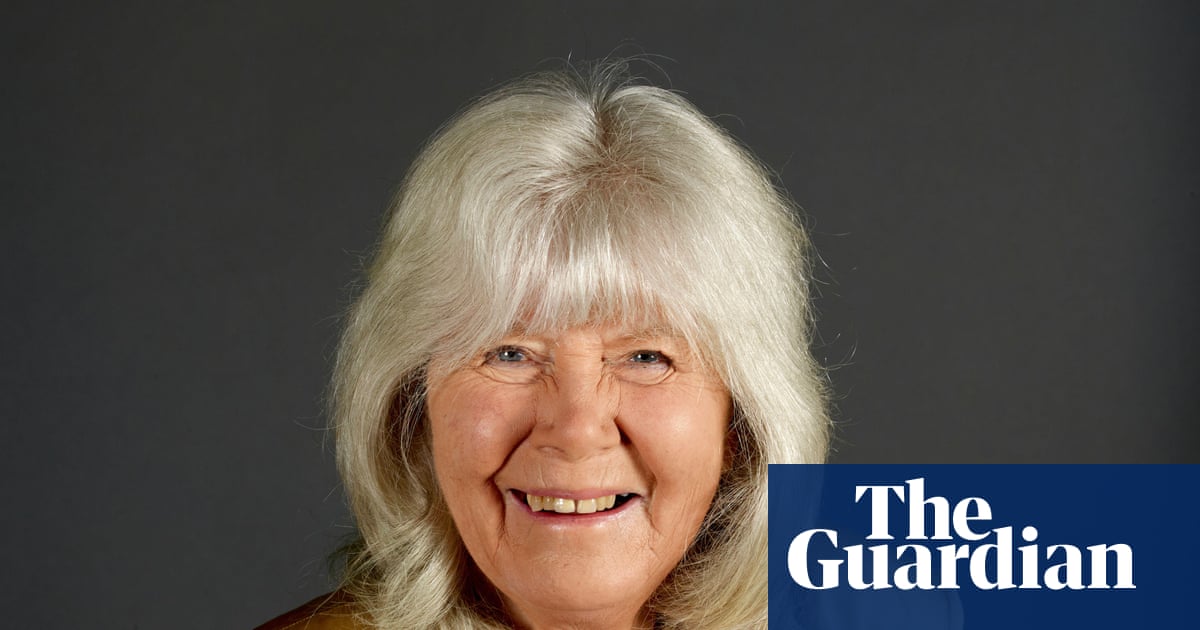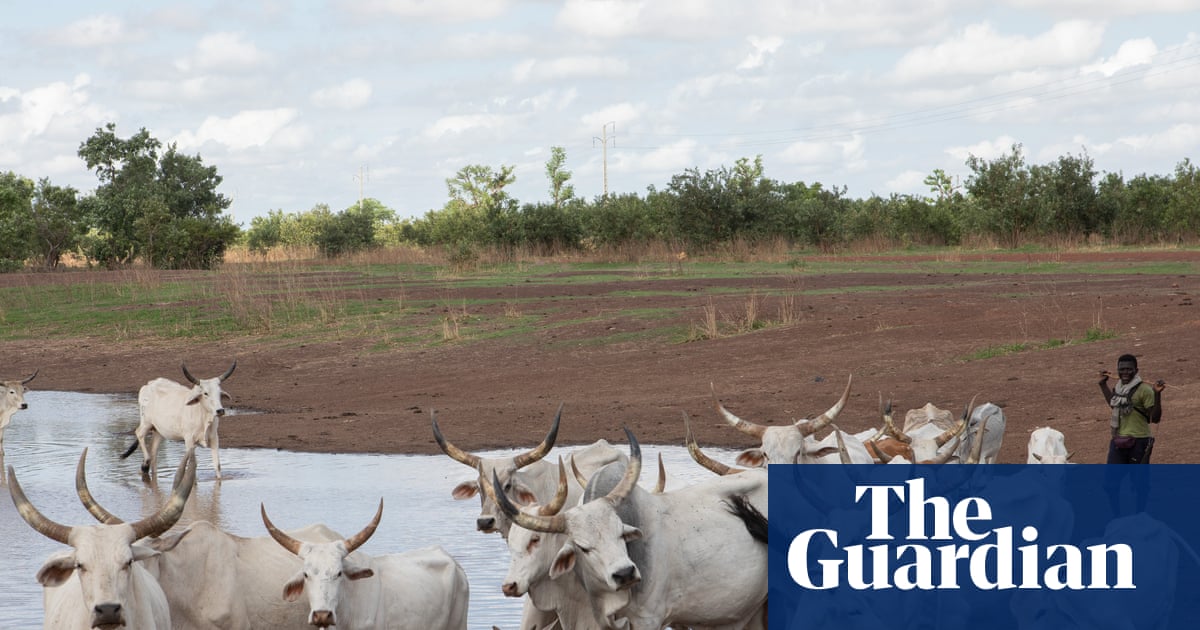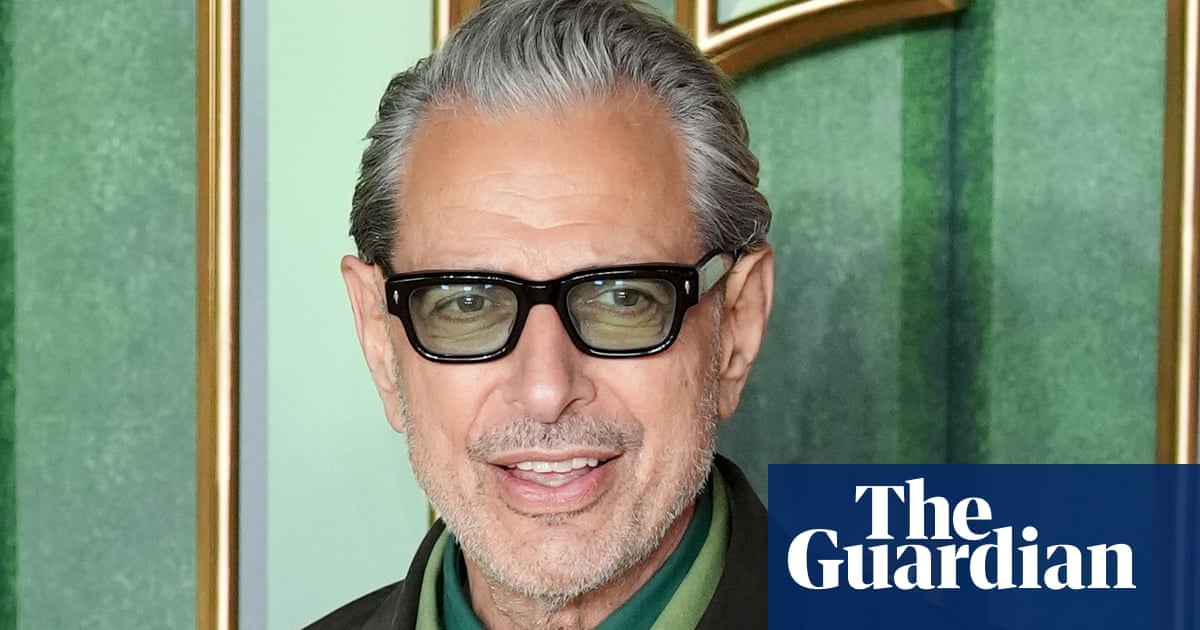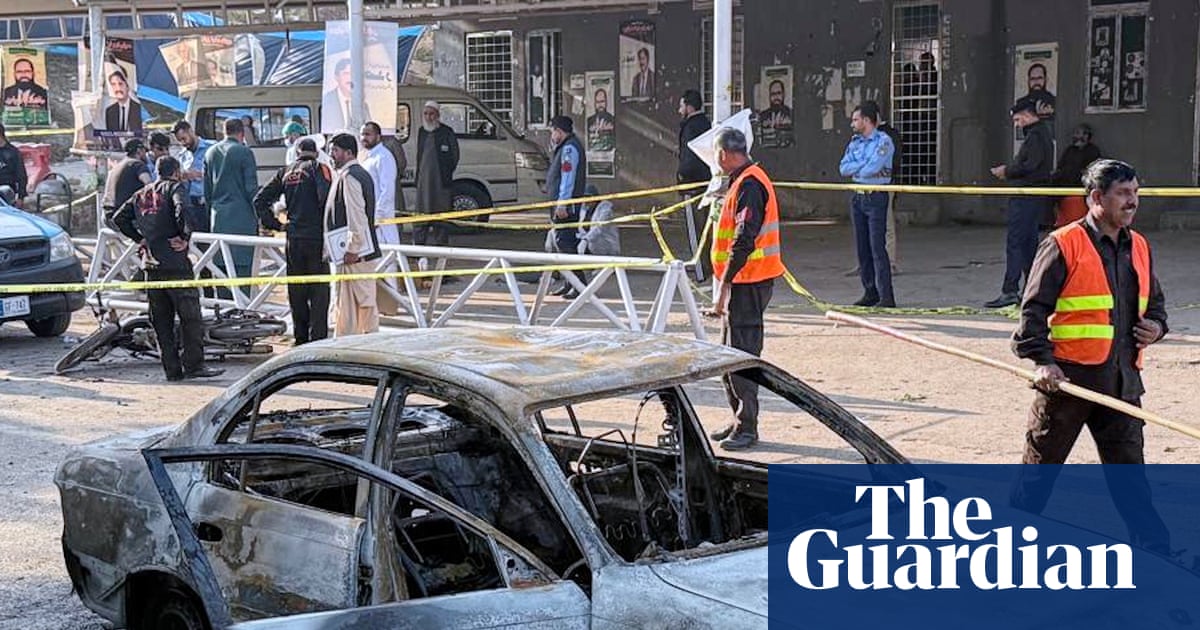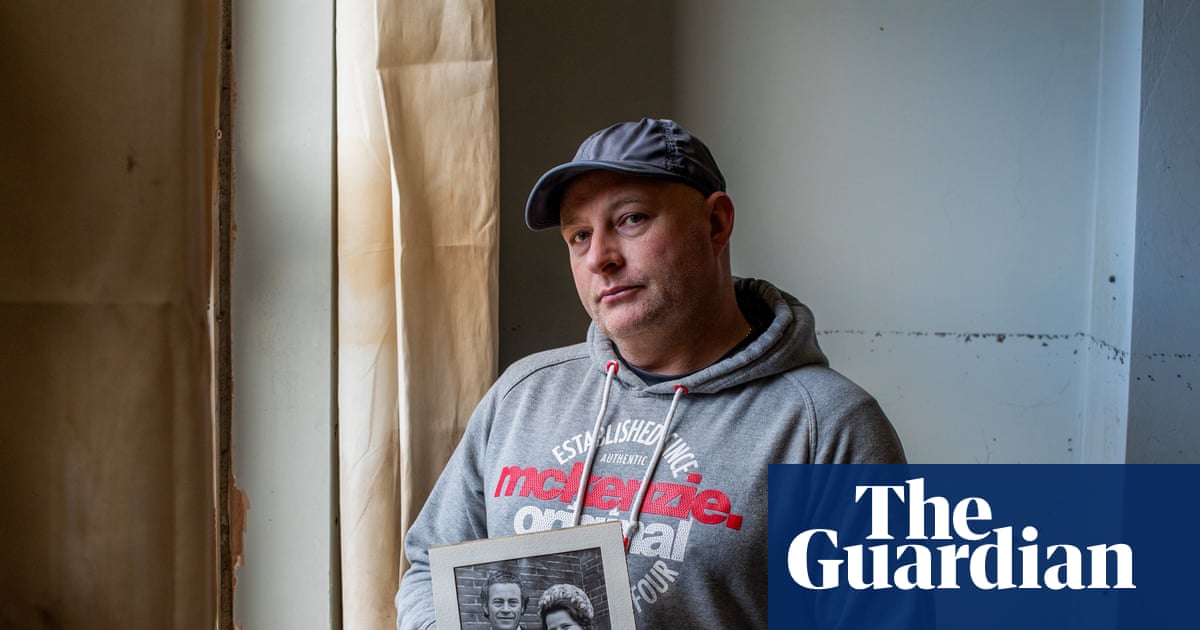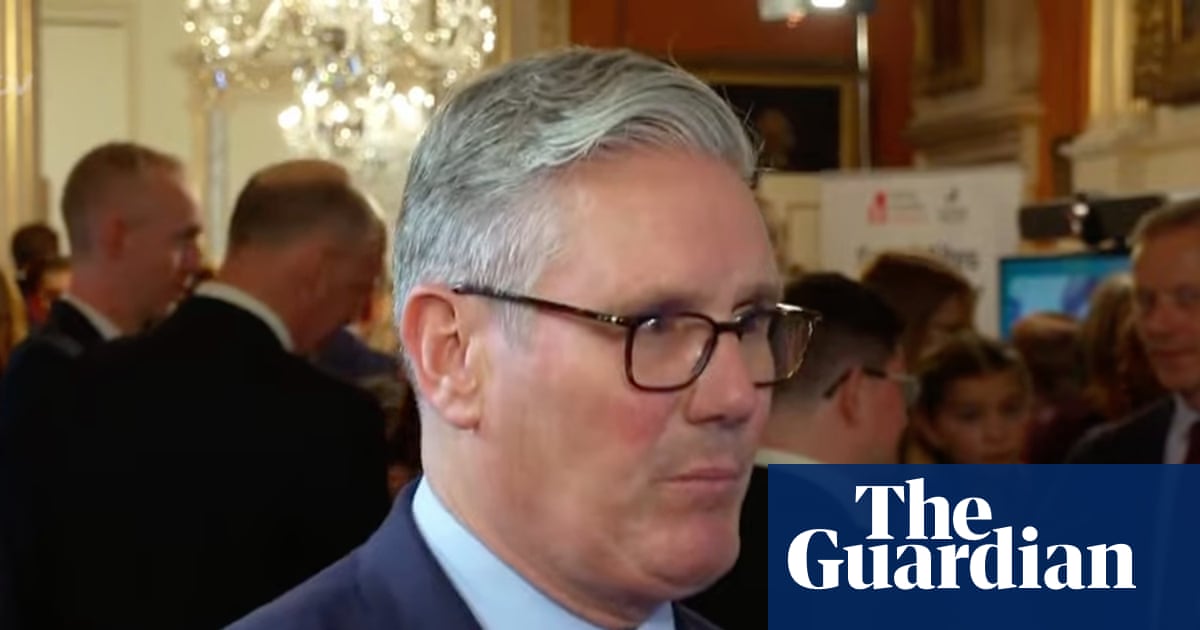Ireland’s national broadcaster, RTÉ, has decided not to take part in next year’s Eurovision song contest if Israel is a participant.
RTÉ is the second of 37 broadcasters who took part in the event this year to have made participation next year conditional.
“It is RTÉ’s position that Ireland will not take part in the 2026 Eurovision song contest if the participation of Israel goes ahead, and the final decision regarding Ireland’s participation will be made once the EBU’s decision is made,” the broadcaster said in a statement.
“RTÉ feels that Ireland’s participation would be unconscionable given the ongoing and appalling loss of lives in Gaza. RTÉ is also deeply concerned by the targeted killing of journalists in Gaza, and the denial of access to international journalists to the territory, and the plight of the remaining hostages.”
The decision will raise questions about its duty to be impartial as a public service news organisation.
Slovenia’s national broadcaster, RTVSLO, has also said it will participate in next year’s contest only if Israel is not involved.
This week the Spanish culture minister said Spain should not take part either. In an interview with the Spanish TV programme La Hora de la 1 on Monday, Ernest Urtasun said: “We asked for Israel to be expelled from Eurovision [earlier this year],” he said.
The Eurovision song contest will take place in Vienna next May and is the world’s second biggest TV event, with more than 160 million viewers.
However, protests in the last two years in Malmö and Basel have forced the organisers in Geneva to offer broadcasters who feel strongly about the war a way out.
Normally broadcasters have to tell the EBU by October whether they will take part or not but this year the deadline has been pushed to December, with a consultant appointed to work with broadcasters on a way forward, and a potential vote on Israel’s participation.
Broadcasters, including RTÉ and the Nordic TV stations, normally start their selection contest in the autumn, which puts management under pressure now.
Martin Green, the director of the song contest said: “We understand the concerns and deeply held views around the ongoing conflict in the Middle East. We are still consulting with all EBU members to gather views on how we manage participation and geopolitical tensions around the Eurovision song contest … It is up to each member to decide if they want to take part in the contest and we would respect any decision broadcasters make.”
Israel’s national public service broadcaster, Kan, threatened with privatisation by Benjamin Netanyahu amid accusations it is too leftist, has already decided it will take part.
Urtasan added: “What I can say is that if Israel takes part, and if we don’t manage to get it thrown out, then we’ll have to take steps [such as withdrawing]. I don’t think we can normalise Israel’s participation in international forums as if nothing’s happened.”
In May, Spain’s prime minister, Pedro Sánchez, called on Israel to withdraw from the Eurovision song contest, saying it should be held to the same standards over the war in Gaza as Russia has been over the invasion of Ukraine.
Sánchez, one of the most outspoken international critics of Israel’s war in Gaza, stepped up his rhetoric on Monday, accusing Netanyahu’s government of “exterminating a defenceless people” by bombing hospitals and “killing innocent boys and girls with hunger”.
The Guardian has asked more than 20 broadcasters whether they would participate. Many, including the BBC, have referred the question back to the EBU.
The Spanish broadcaster RTVE said it would not comment on whether it would participate.
Stefán Jón Hafstein, the chair of Iceland’s national broadcaster, RÚV, told reporters it would not be making a decision until the consultation process was over.
The Finnish broadcaster YLE said it was “fully focused” on the process of finding a song and started the process in August.
Johanna Törn-Mangs, the director of culture and factual content at YLE, said the contest was “an important event for both the Finnish music industry and audiences” but Gaza was in their minds.
“The humanitarian situation in Gaza is tragic, and we sincerely hope for an end to the suffering as soon as possible. Israel’s participation in Eurovision has been a significant topic of discussion in Finland,” she said.
Swedish broadcaster SVT said it was in touch with the EBU.

 2 months ago
59
2 months ago
59


